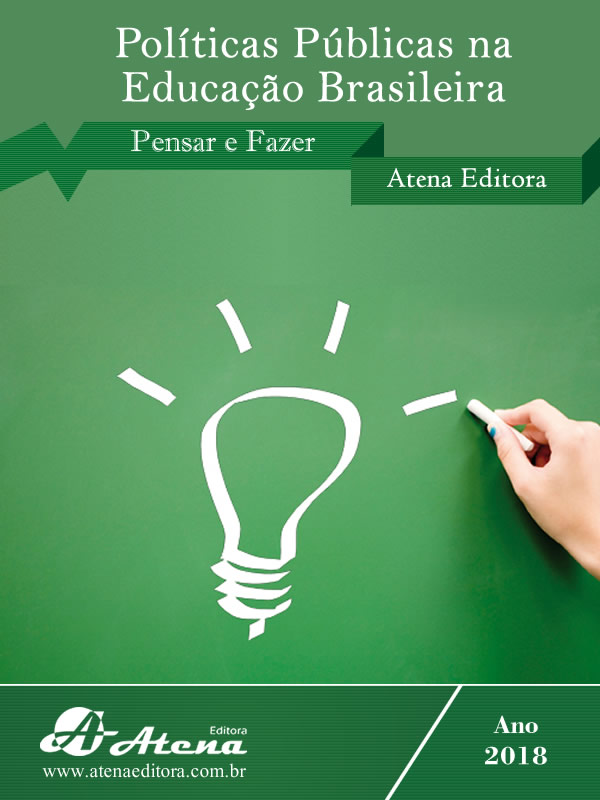
AS CONTRADIÇÕES DO PROGRAMA UM COMPUTADOR POR ALUNO, SEUS LIMITES E POSSIBILIDADES RUMO A CONSTRUÇÃO DE COMUNIDADES DE APRENDIZAGEM
Este trabalho se propõe a partir dos pressupostos da Psicologia Histórico-
Cultural, ancoradas no Materialismo Histórico e Dialético, a compreender o contexto
de intensificação das Políticas Públicas Educacionais que tem visado intensificar o
uso do computador na escola pública. Dentro dessa proposta situamos o nosso
objeto de estudo levando em consideração o contexto e as contradições existentes
em nossa sociedade, decorrentes do nosso modelo de produção capitalista.
Concluímos que o uso massivo das tecnologias na educação tem sido cada vez mais
requerido ante o contexto de reestruturação produtiva, em que a escola tem sido
chamada a dar conta de demandas geradas no bojo da exclusão do próprio capital.
Propomos formas mais críticas de se enxergar esses aparatos tecnológicos de forma
a serem instrumentos de mediação capazes de contribuir com a melhoria da escola
pública, a partir da formação crítica dos sujeitos comprometidos com um novo
projeto societário mais justo e menos excludente. Entre limites e possibilidades
compreendemos o uso do computador na educação enquanto instrumento de
mediação no processo de ensino-aprendizagem, e o papel importante
desempenhado pelo professor nesse processo, visando o desenvolvimento no
ambiente escolar de comunidades de aprendizagem.
AS CONTRADIÇÕES DO PROGRAMA UM COMPUTADOR POR ALUNO, SEUS LIMITES E POSSIBILIDADES RUMO A CONSTRUÇÃO DE COMUNIDADES DE APRENDIZAGEM
-
DOI: Atena
-
Palavras-chave: Tecnologias na Educação. Psicologia Histórico-Cultural. Comunidades de aprendizagem.
-
Keywords: Technologies in Education. Historical-Cultural Psychology. Learning communities.
-
Abstract:
This work proposes from the assumptions of Historical-Cultural
Psychology, anchored in Historical and Dialectical Materialism, to understand the
context of intensification of Public Educational Policies that has aimed to intensify
the use of computers in public schools. Within this proposal we place our object of
study taking into account the context and contradictions existing in our society,
arising from our model of capitalist production. We conclude that the massive use of
technology in education has been increasingly required in the context of productive
restructuring, in which the school has been called to account for demands generated
by the exclusion of capital itself. We propose more critical ways of seeing these
technological apparatuses in order to be mediation instruments capable of
contributing to the improvement of the public school, starting from the critical
formation of the subjects committed to a new social project more fair and less
exclusive. Among limits and possibilities we understand the use of the computer in
education as an instrument of mediation in the teaching-learning process, and the
important role played by the teacher in this process, aiming the development in the
school environment of learning communities.
-
Número de páginas: 15
- Josemar Farias da Silva


